Viet Hoan: The king of red music married a wife 18 years younger, U60 retired from the stage, built an artist nursing home
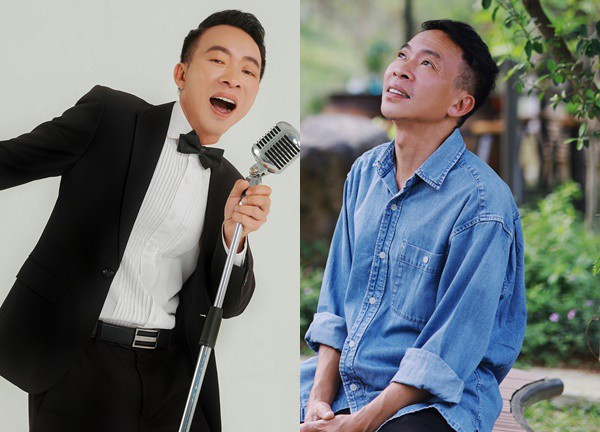
4 | 0 Discuss | Share
Quoc Huong is a revolutionary singer with a heroic voice. His music is simple, rustic and sincere but does not lack vocal technique. His life is also full of hardships and there are many things worth mentioning.
Quoc Huong was born on August 21, 1915 in his hometown of Kim Son (Ninh Binh), but due to his family's poverty, at the age of 17, Quoc Huong had to wander to Saigon to earn a living by doing all kinds of hard jobs such as shoe shiner, train worker, porter, sailor... In 1944, the young man who became enlightened about the revolution sang the song "The Call of Youth" by Luu Huu Phuoc at Nguyen Van Hao theater in Saigon with a voice full of the revolutionary spirit of youth: "Hey young people! The country is on the day of liberation. Let's go together, go, go, don't care about your life..." That was one of the times Quoc Huong sang in front of a crowd and was enthusiastically cheered by the audience at that time. The name Quoc Huong spread everywhere and became famous from then on.
In 1945, he joined the Propaganda Department in Saigon - Cho Lon, mainly performing the task of singing and encouraging patriotism among the people. The songs he often sang during this time, in addition to the Call of Youth as mentioned above, were Guerrilla Song (by Do Nhuan), Together We Go Red Soldiers (Dinh Nhu), Viet Minh Flag (Vuong Gia Khuong), Diet Fascism (Nguyen Dinh Thi), Phat Co Nam Tien (Hoang Van Thai), Doan Ve Quoc Quan (Phan Huynh Dieu)...
The resistance war against the French broke out in the South, Quoc Huong joined the National Guard, became a squad leader, fought and sang to serve his comrades in the battlefields of zones 7, 8, 9. In 1954, peace was restored in the North, he gathered in the North, leaving behind his young wife and first child in Saigon. For many years, the two of them were without news, this wife had remarried. Quoc Huong was sent by the State to Hungary to study vocal music. When he returned to the country, he worked at the Central People's Song and Dance Troupe (now the Vietnam Music and Dance Theater). Life brought him to meet the film actress Lich Du. They had a daughter together.
After the liberation of the South and the reunification of the country, with many memories and nostalgia for the Southern land - where there were glorious years of youth fighting and singing with many comrades and teammates, Quoc Huong arose with the need to return to live in this land. But Lich Du, partly because she was not used to living far from her homeland in the North and her relatives, partly because of many film jobs that could not be left, could not follow her husband. So they were forced to break up so that one in the South and one in the North could fulfill her wish. Quoc Huong was forced to end her love affair and her second marriage here. And her third (last) love affair was with Thu An as mentioned.
Until today, when there are many male singers who are loved by the public, Quoc Huong is still a shadow, no one after him can replace him. I think that in our country, up to now, there have been two male singers who can be called legends. Besides Tran Khanh, Quoc Huong is a very special case. He is a legend in two ways: First, he possesses a gifted voice, capable of moving people's hearts intensely, and second, he has a life of passionate and selfless revolutionary activities.
Many years have passed but many generations of the public still cannot forget the songs that have become immortal through his high-pitched, sweet, extremely attractive voice with many rich colors and diverse emotional nuances. Lyrical and smooth like Nhung anh sao dem (Phan Huynh Dieu), Tren duong ta di to (Buu Huyen), Ha Tay que lua (Nhat Lai). Sweet and deep like Tieng hat gioi rung Pac Bo (Nguyen Tai Tue),
Life is still beautiful, Day and Night March (Phan Huynh Dieu), My immense homeland (Hoang Hiep). Lively and heroic like I am the driver (An Chung) and especially the song Battalion 307 (Nguyen Huu Tri). Quoc Huong's performance of this song made such a special impression that the Southern audience also called him by a very simple name, "Mr. Ba le bay". These songs were all widely broadcast on the radio of the Voice of Vietnam and left a deep impression in the memories of many generations of audiences. Among them, many songs were performed by him for the first time and were a resounding success, influencing the singing style of many generations of juniors later.
In 1975, after the country was unified, Quoc Huong moved to Saigon to become a singer for the Bong Sen art troupe. During this time, despite his old age, Quoc Huong continued to sing and teach tirelessly. He wanted to contribute to training many talented generations for the country's vocal music, directly teaching many artists, such as musician, artist The Hien, and meritorious artist Tuan Phong...
In addition to singing, People's Artist Quoc Huong is also a musician with well-known compositions such as Long Phu Guerrilla, Vinh Hanh Girl, Doan Nguoi Di Tung Quan, Tam Vu (written with Dac Nhan)... Thanks to his great contributions, in 1984, Quoc Huong was awarded the title of People's Artist, the first time. He is also the first male singer to be awarded the title of People's Artist (along with the first female singer, People's Artist Thanh Huyen).
Phan Huynh Dieu: "The golden bird of Vietnamese music" spent his life writing love songs that go into people's hearts 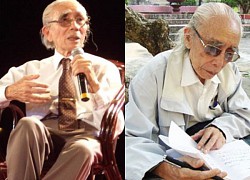 Hoa Tuyết16:59:10 02/12/2023Phan Huynh Dieu is a big name in the Vietnamese music scene, loved for his songs about his homeland and love between couples. He is also one of the people who makes red music so catchy and attractive.
Hoa Tuyết16:59:10 02/12/2023Phan Huynh Dieu is a big name in the Vietnamese music scene, loved for his songs about his homeland and love between couples. He is also one of the people who makes red music so catchy and attractive.

4 | 0 Discuss | Share
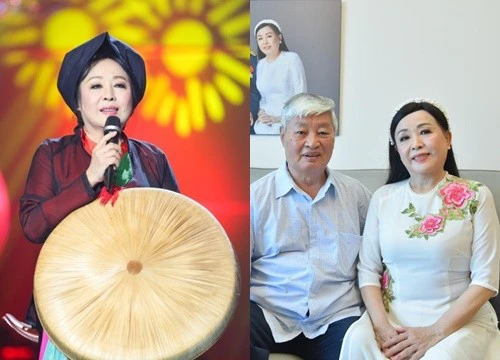
4 | 0 Discuss | Share
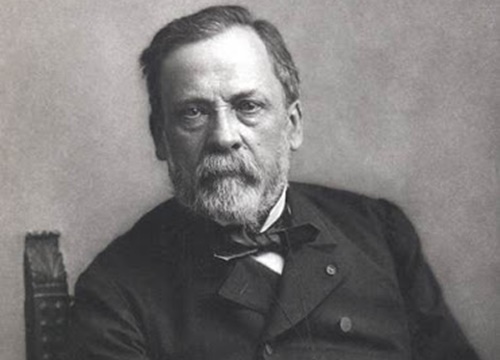
2 | 0 Discuss | Share

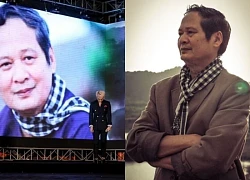


2 | 0 Discuss | Report